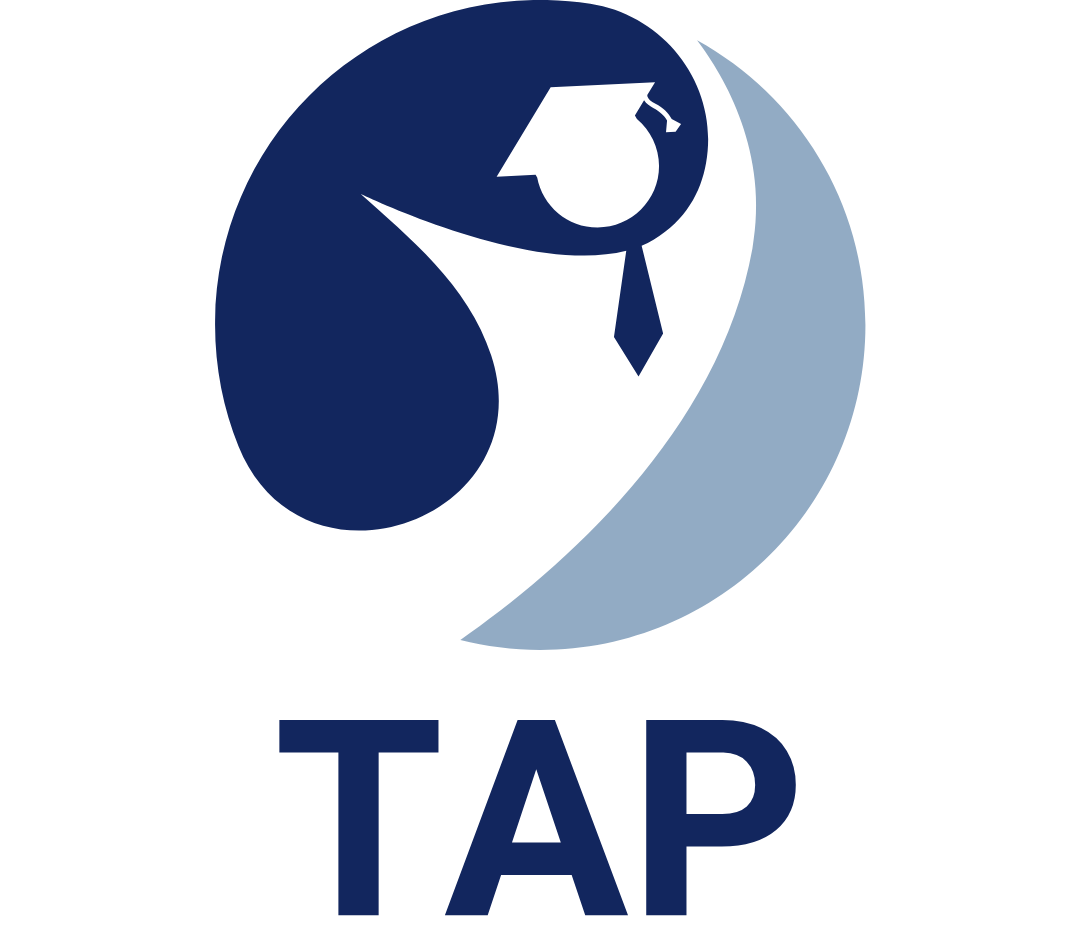Assessor (Conduct Outcome-based Assessments)
This Assessor (Conduct Outcome-Based Assessments) course will guide you step by step. First, you will learn how to plan and carry out effective assessments. Then, you will also learn how to give feedback that is fair and helpful. Next, the course will show you how to check learners’ skills accurately while following all the rules. Finally, you will discover ways to keep the assessment process clear and fair for everyone.
After that, you will practice using real tasks and practical examples. This hands-on approach will build your confidence as an assessor. It will also help you apply what you learn in real situations. By following these steps, you will develop strong assessment skills. As a result, learners will get better support and have a higher chance of success. Overall, by combining guidance, practice, reflection, and feedback, you will become a competent, reliable, and effective assessor.
Key Details
Why Take This Assessment
Assessor (Conduct Outcome-based Assessments) goal driven & Real-Life Skills
Goal-focused tests help learners reach clear goals. In addition, they teach skills for real life. Also, these tests keep learners engaged and thinking. As a result, learners see how learning connects to work. Moreover, they take charge of their progress. At the same time, teachers can easily see what needs improvement.
Helping Learners in Busy Offices
Offices are busy and change fast. Therefore, learners need help to build practical skills. This way, they can adjust to work more quickly. As an assessor, you make sure tests match job needs. Then, you give clear, step-by-step advice. In turn, helpful feedback builds confidence and skills. Additionally, ongoing guidance lets learners use what they know. Overall, goal-focused tests support learning and career growth.
Assessment Overview
Tests That Help Learners
This assessor (Conduct Outcome-Based Assessments) shows you how to run tests. First, you will learn how to check skills. Then, you will also learn how to give clear feedback. After that, you will practice applying what you learn. By the end, you can give fair tests with confidence. In addition, these skills help you support learners effectively.
Step-by-Step
Next, you will learn to plan, give, and check each test. After that, you will make tasks that match school and work. This ensures every task stays fair and clear. In addition, you will practice with real examples. Finally, by the end, you can test learners with confidence. Moreover, these steps help you support learners effectively.
Help Learners Grow
Furthermore, you will learn different ways to test. As a result, this helps make tests fair and correct. Also, you will learn how to help learners improve. In the end, by the end, you can test learners fairly in any setting. Additionally, these skills ensure learners get better support and guidance.
Course Content
SpecCon Holdings (Pty) Ltd
Key Details
First, assessments help learners reach goals.
Not only do they measure knowledge, but also prepare learners for real situations.
Moreover, they boost engagement and critical thinking.
In addition, they match workplace needs.
Similarly, they show strengths and weaknesses.
Key Details
First, prepare resources, logistics, and the environment.
Then, prepare the learner and explain the process.
Additionally, complete pre-assessment moderation for fairness.
Furthermore, gather inputs on special needs and evidence for valid assessment.
Finally, confirm the learner is ready before starting.
Key Details
First, assessments should be effective, fair, safe, and manageable.
Next, follow the plan and design to ensure consistency.
Additionally, use clear questions for understandable answers.
Furthermore, collect enough evidence for fair judgments.
Similarly, ensure judgments match the evidence.
Finally, keep records according to the organisation’s quality system.
Key Details
First, give feedback to the right people, while keeping it private.
Next, make feedback clear and give enough information, so it helps meet the assessment goal.
Additionally, ask the candidate for feedback on the process, to improve future assessments.
Finally, handle appeals according to the assessment rules.
Key Details
First, note the learner’s strengths and weaknesses. Point out areas to improve.
Next, check feedback from others to guide future actions.
Finally, give a short summary of the key findings.

